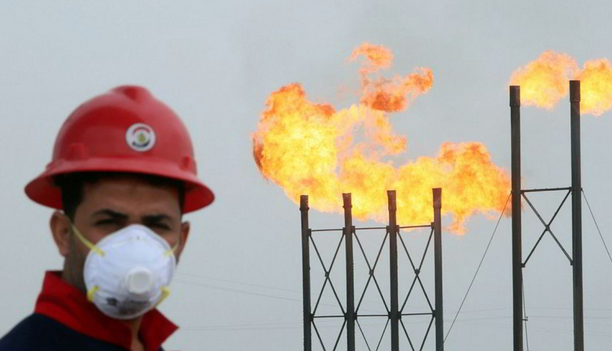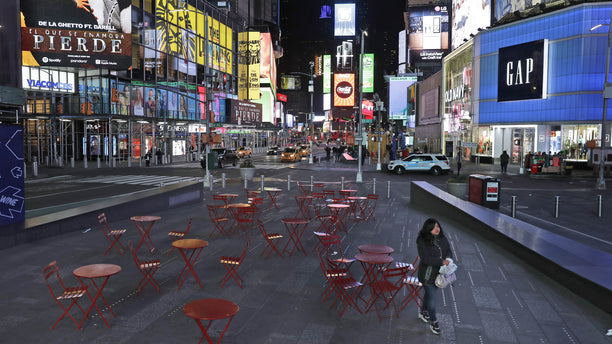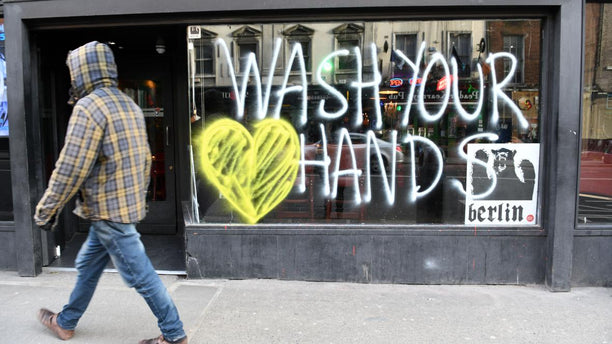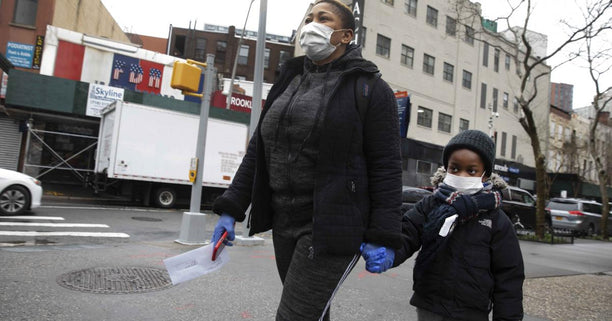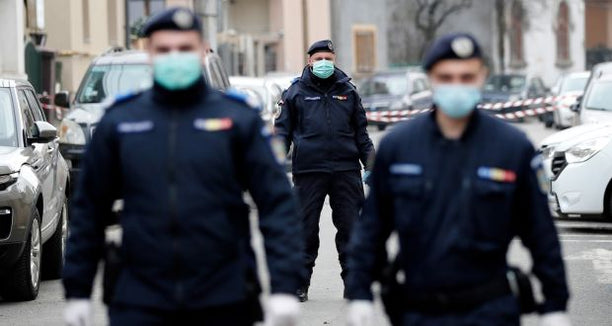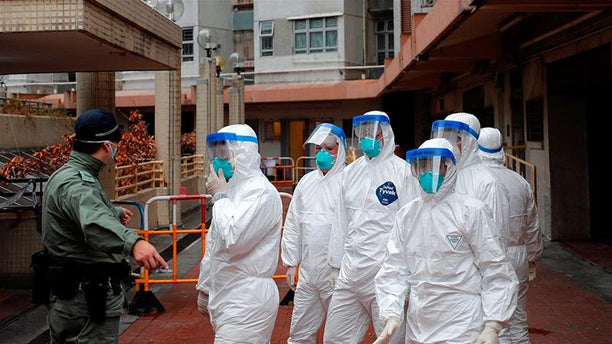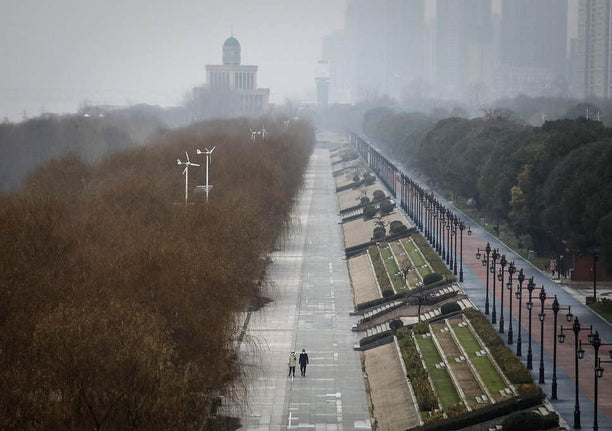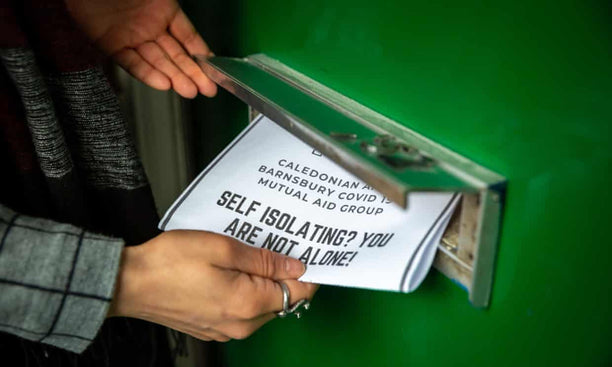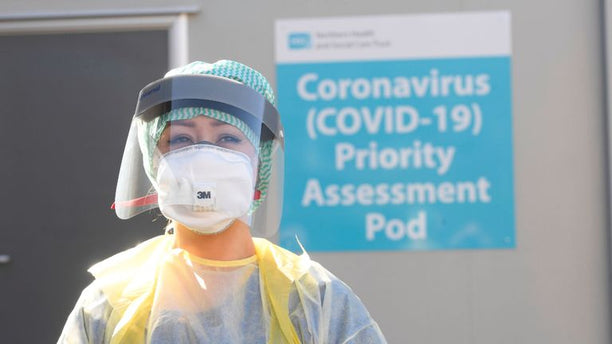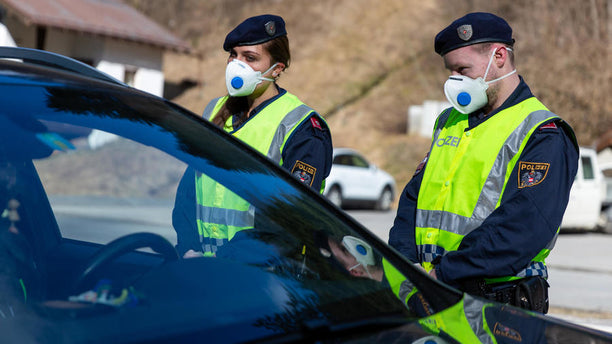
Viral terminology, technology and capitalism
Viral metaphors abound in the cultural and corporate spheres. The AIDS crisis of the 1980s and 1990s influenced the way we spoke about the burgeoning internet technology sector – replete with computer "viruses" and "bugs" – and in doing so helped to entrench existing heirachies. The language of the Covid-19 pandemic is already infiltrating how the crisis is written about and, as Nathalie Olah argues, the way we narrate a crisis has fundamental implications for how it is seen, and who is hit hardest by its effects.
